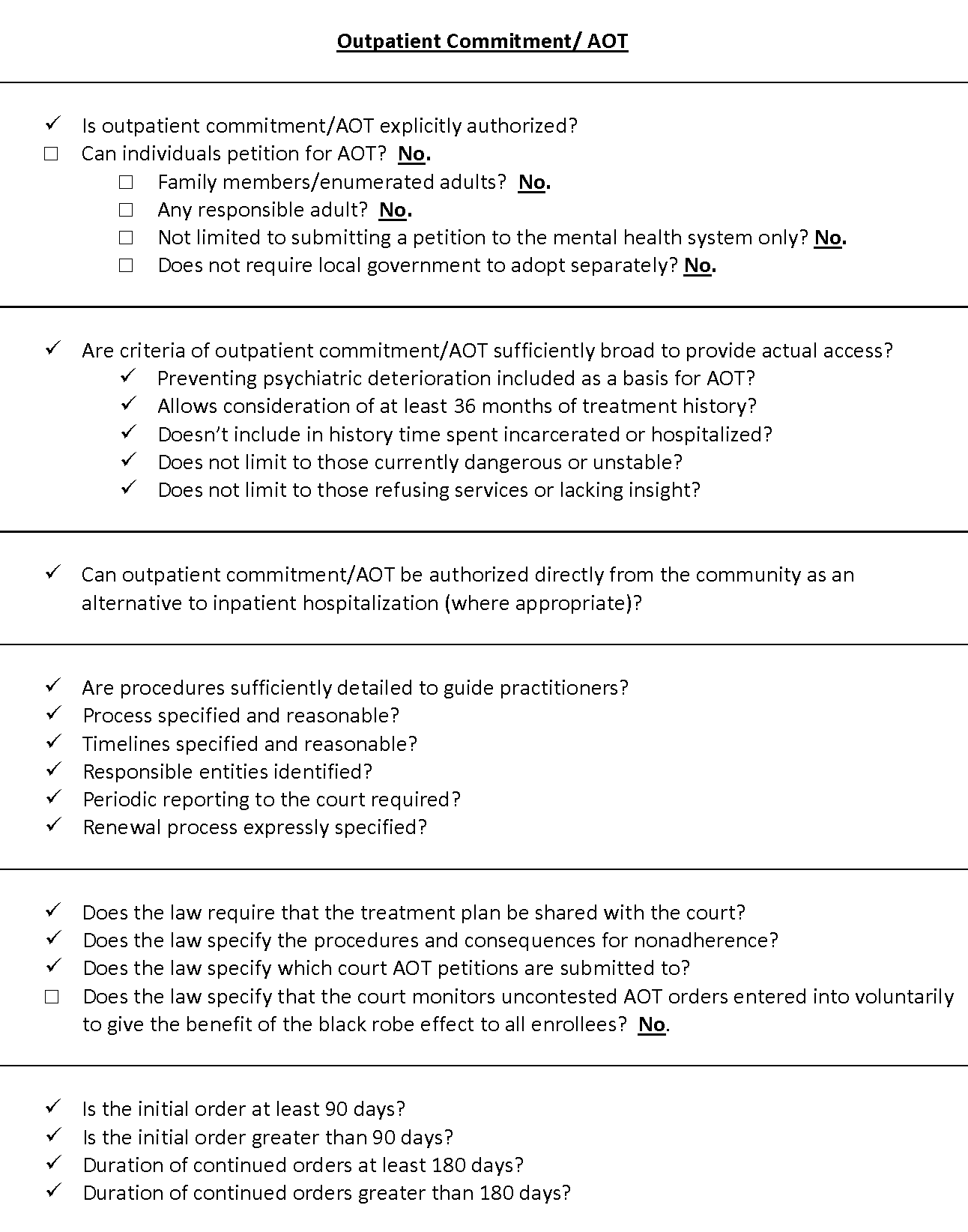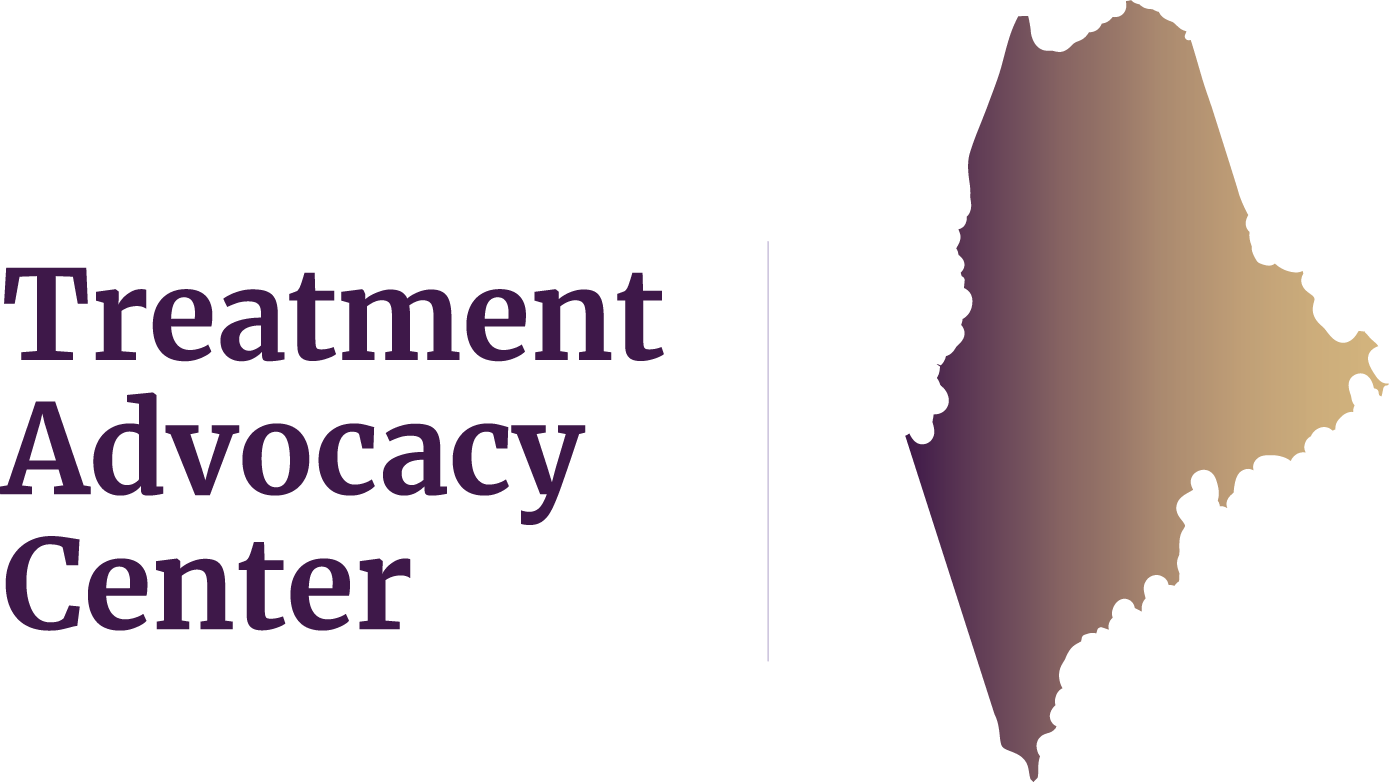Family Resources in Resources in Maine
- Maine Department of Health and Human Services (maine.gov) Resources and contacts
- Adult Guardianship and Alternatives (maine.gov) Information about how to initiate guardianship or supported decision making
- Maine Mental Health Services (211maine.org) Find counseling, programs and support resources by town or zip code
- NAMI Maine (namimaine.org) Support groups, training, information
- Disability Rights Maine (drme.org) Protection and advocacy for individuals with disabilities
- Homeless Information: Maine | U.S. Department of Housing and Urban Development (hud.gov/states/maine) Find help hotlines, financial assistance, foodbanks and shelters by city or county
- Maine Inmate Locater (maine.gov) Find adult residents or adult community corrections clients in the Maine Department of Corrections system by name, description or MDOC number
- Maine State Bar Association (mainebar.community) Legal Assistance
How many people in Maine have SMI?
individuals with severe mental illness.
individuals with SMI who receive treatment in a given year.
of the adult population is estimated living with a SMI in the United States.
State psychiatric hospital beds in Maine
2023 total beds: 159
- Maine's state hospitals do not distinguish between civil and forensic patients.
2023 beds per 100,000 people: 11.5
Click here for more information about state psychiatric hospital beds in Maine.
A minimum of 50 beds per 100,000 people is considered necessary to provide minimally adequate treatment for individuals with severe mental illness. Maine fails to meet this minimum standard.
For Additional Information
Data is a powerful tool to advocate for change. Curious about a specific data point in your state? Reach out to us at ORPA@treatmentadvocacycenter.org
Fast Facts on SMI in Maine
Deinstitutionalization, outdated treatment laws, discriminatory Medicaid funding practices, and the prolonged failure by states to fund their mental health systems drive those in need of care into the criminal justice and corrections systems.
20%
665
159
4 to 1
2021 Maine State Mental Health Agency's expenditures
Every state receives block grant funding from the federal government to provide mental health services to their community. Below is some information about how these dollars are spent and compares to other state spending.
$354,409,299
23%
$5,511
2.9%
Maine's Treatment Laws
ME. REV. STAT. ANN. tit. 34B, § 3862(1)(A). Law enforcement officer’s power. If a law enforcement officer has probable cause to believe that a person may be mentally ill and that due to that condition the person poses a likelihood of serious harm as defined in section 3801, subsection 4-A, paragraph A, B or C, or if a law enforcement officer knows that a person has an advance health care directive authorizing mental health treatment and the officer has probable cause to believe that the person lacks capacity, the law enforcement officer: A. May take the person into protective custody; ME. REV. STAT. ANN. tit. 34B, § 3863(1). Application. Any health officer, law enforcement officer or other person may apply to admit a person to a psychiatric hospital … stating: A. The applicant's belief that the person is mentally ill and, because of the person's illness, poses a likelihood of serious harm; and B. The grounds for this belief. ME. REV. STAT. ANN. tit. 34B, § 3863(2). Certifying examination. The written application must be accompanied by a dated certificate, signed by a medical practitioner stating: A. That the practitioner has examined the person on the date of the certificate; B. That the medical practitioner is of the opinion that the person is mentally ill and, because of that illness, poses a likelihood of serious harm. The written certificate must include a description of the grounds for that opinion. The opinion may be based on personal observation or on history and information from other sources considered reliable by the examiner, including, but not limited to, family members; and C. That adequate community resources are unavailable for care and treatment of the person’s mental illness.
ME. REV. STAT. ANN. tit. 34-B, § 3863(5-A). Continuation of hospitalization. If there is need for further hospitalization of the person as determined by the chief administrative officer of the hospital, the chief administrative officer shall first determine if the person may be informally admitted under section 3831. If informal admission is not suitable or is refused by the person, the chief administrative officer may seek involuntary commitment in accordance with this subsection. A. If the person is at a state mental health institute, the chief administrative officer may seek involuntary commitment by applying for an order under section 3864. B. If the person is at a designated nonstate mental health institution, the chief administrative officer may seek involuntary commitment only by requesting the commissioner to apply for an order under section 3864. C. An application under this subsection must be made to the District Court having territorial jurisdiction over the psychiatric hospital to which the person is admitted on an emergency basis and must be filed within 3 days from the date of admission of the patient under this section, except that, if the 3rd day falls on a weekend or holiday, the application must be filed on the next business day following that weekend or holiday. If no application to the District Court is timely filed, the person must be promptly discharged. ME. REV. STAT. ANN. tit. 34-B, § 3864(6)(A). The District Court shall so state in the record, if it finds upon completion of the hearing and consideration of the record: (1) Clear and convincing evidence that the person is mentally ill and that the person’s recent actions and behavior demonstrate that the person’s illness poses a likelihood of serious harm; (1-A) That adequate community resources for care and treatment of the person’s mental illness are unavailable; (2) That inpatient hospitalization is the best available means for treatment of the patient; and (3) That it is satisfied with the individual treatment plan offered by the psychiatric hospital to which the applicant seeks the patient’s involuntary commitment. ME. REV. STAT. ANN. tit. 34B, § 3801(4-A). “Likelihood of serious harm” means: A. A substantial risk of physical harm to the person as manifested by recent threats of, or attempts at, suicide or serious self-inflicted harm; B. A substantial risk of physical harm to other persons as manifested by recent homicidal or violent behavior or by recent conduct placing others in reasonable fear of serious physical harm; C. A reasonable certainty that the person will suffer severe physical or mental harm as manifested by recent behavior demonstrating an inability to avoid risk or to protect the person adequately from impairment or injury; or D. For the purposes of section 3873-A, in view of the person’s treatment history, current behavior and inability to make an informed decision, a reasonable likelihood that the person’s mental health will deteriorate and that the person will in the foreseeable future pose a likelihood of serious harm as defined in paragraphs A, B or C.

ME. REV. STAT. ANN. tit. 34-B, § 3873-A(1). Application. The superintendent or chief administrative officer of a psychiatric hospital, the commissioner, the director of an ACT team, a medical practitioner, a law enforcement officer or the legal guardian of the patient who is the subject of the application may obtain an order from the District Court to admit a patient to a progressive treatment program upon the following conditions: A. The patient suffers from a severe and persistent mental illness; B. The patient poses a likelihood of serious harm; C. The patient has the benefit of a suitable individualized treatment plan; D. Licensed and qualified community providers are available to support the treatment plan; E. The patient is unlikely to follow the treatment plan voluntarily; F. Court-ordered compliance will help to protect the patient from interruptions in treatment, relapses or deterioration of mental health; and G. Compliance will enable the patient to survive more safely in a community setting without posing a likelihood of serious harm. ME. REV. STAT. ANN. tit. 34B, § 3801(4)(D). "Likelihood of serious harm" means, for the purposes of section 3873-A, in view of the person’s treatment history, current behavior and inability to make an informed decision, a reasonable likelihood that the person’s mental health will deteriorate and that the person will in the foreseeable future pose a likelihood of serious harm as defined in paragraphs A, B or C.

Recommended updates to treatment laws
- 1
Amend Me. Rev. Stat. tit. 34-B, § 3863(3)(B), to extend duration of emergency hold to 72 hours or more
- 2
Amend Me. Rev. Stat. tit. 34-B, § 3863(5A), to authorize citizen right of petition for at least enumerated citizens, preferably any responsible adult, for inpatient commitment
- 3
Add psychiatric deterioration criteria or amend grave disability criteria to include it
- 4
Amend Me. Rev. Stat. tit. 34-B, § 3873(A)(1), to authorize citizen right of petition for at least enumerated citizens, preferably any responsible adult, for outpatient commitment
- 5
Adopt express procedures for the court to monitor uncontested AOT orders entered into voluntarily to give the benefit of the black robe effect to all enrollees
